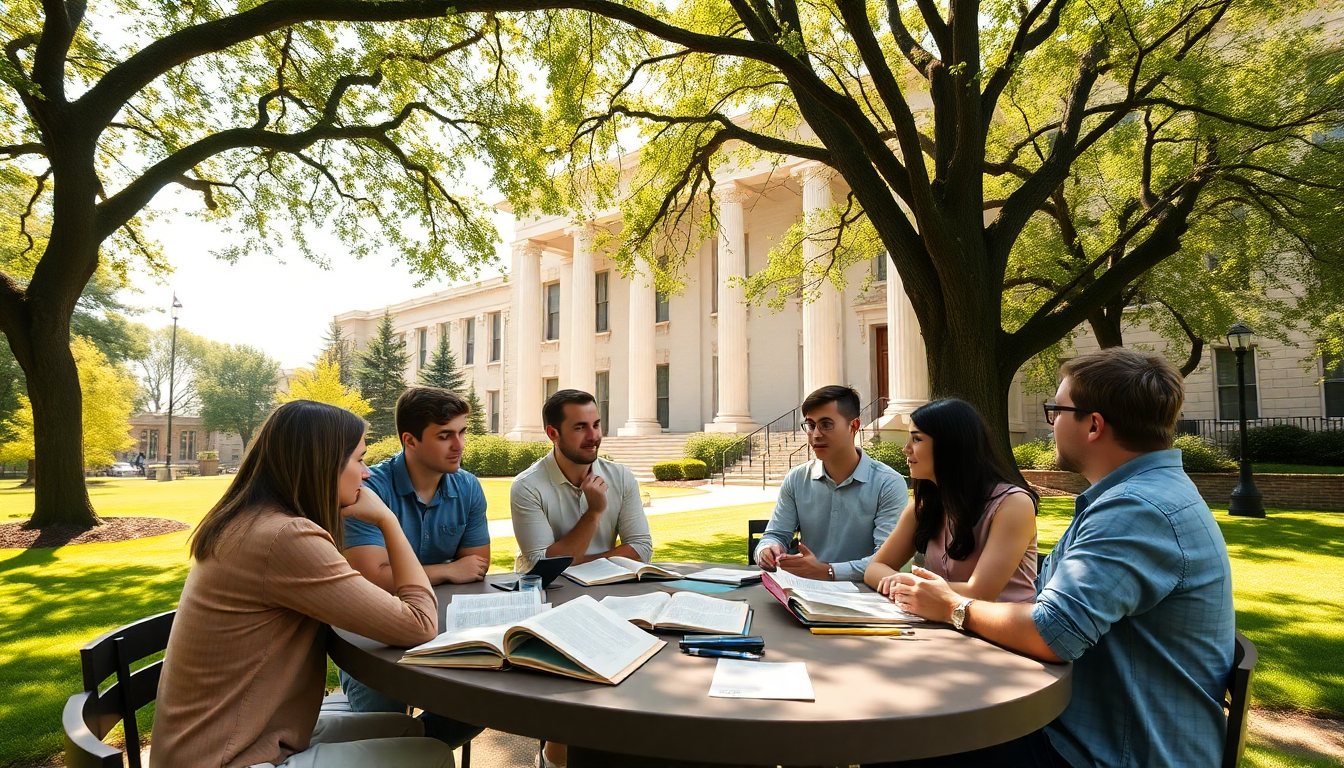Table of Contents
The landscape of higher education in America is facing some serious scrutiny, and it seems the calls for reform are getting louder by the day. Recently, the White House’s decision to freeze federal funding for prestigious institutions like Harvard has sparked a nationwide conversation about accountability and the future of university governance. Leading voices, such as Chris Rufo from the Manhattan Institute, have proposed a series of reforms aimed at not just restoring the integrity of these educational institutions but also protecting taxpayer dollars. In this article, we’ll explore these proposed changes, the reasons behind them, and what they might mean for the future of higher education.
Current Challenges in Higher Education
So, what exactly are the challenges facing American universities today? Trust is at the forefront. A recent poll by the Manhattan Institute found that only 15% of registered voters have a high level of confidence in Ivy League schools. Why is that the case? Many point to perceptions of ideological bias, the ballooning administrative costs, and a growing disconnect between what students learn and what they actually need in the real world. With these issues bubbling to the surface, the idea of a new contract between federal entities and educational institutions is gaining traction.
In a letter shared by Rufo, a clear message comes through: universities should prioritize truth and academic rigor over political agendas. This isn’t just a matter of tweaking policies; it’s about fundamentally changing how universities engage with their students and society at large. The proposed reforms call for strict academic standards and transparency in university operations, ensuring that these institutions remain true places of learning rather than just platforms for political activism.
Additionally, the letter emphasizes the importance of merit-based decision-making in admissions and hiring processes. This could help eliminate existing biases and lead to a more diverse and capable student body and faculty, fostering genuine collaboration and innovation. Isn’t that what we all want from our educational institutions?
Proposed Reforms and Their Implications
The reforms put forward by Rufo, which have garnered support from over 40 signatories including educators and thought leaders, cover a wide range of issues. One of the main points is the call for universities to step back from social and political activism. This significant shift aims to redirect educational institutions toward their core mission—education.
Moreover, these reforms advocate for dismantling Diversity, Equity, and Inclusion (DEI) bureaucracies and eliminating racially segregated programs. By embracing the principle of color-blind equality, universities could create an environment that’s truly inclusive, free from discrimination based on race or ethnicity in their admissions and hiring practices. Wouldn’t it be refreshing to see universities focus on what truly matters?
Transparency is another key element of these reforms. Universities would be required to publish annual data on admissions statistics, employment outcomes, and campus attitudes towards civil discourse. This would allow everyone—students, parents, and taxpayers—to gauge how well these institutions are living up to their promises.
Lastly, we can’t overlook the emphasis on protecting free speech and civil discourse on campuses. The proposed swift penalties for those who disrupt events or engage in violence send a clear message: maintaining a safe and open environment for diverse voices is non-negotiable.
Looking Ahead: The Future of Higher Education
As discussions around these reforms continue to evolve, the implications for the future of higher education are nothing short of profound. If these changes take root, we could see a restoration of public trust in universities, aligning their operations more closely with the expectations of both students and taxpayers. The ongoing conversation about accountability in education highlights a critical need for institutions to adapt to the shifting landscape of societal values.
In the coming years, everyone will be watching closely to see how effective these reforms are. The potential for renewed trust in universities hinges not just on implementing these changes, but on how well they are executed. It’s crucial for all stakeholders—students, educators, and policymakers—to stay engaged in this conversation to ensure that higher education fulfills its essential role in society: to educate, inspire, and prepare the next generation for the complexities of our world. Are we ready for that challenge?


